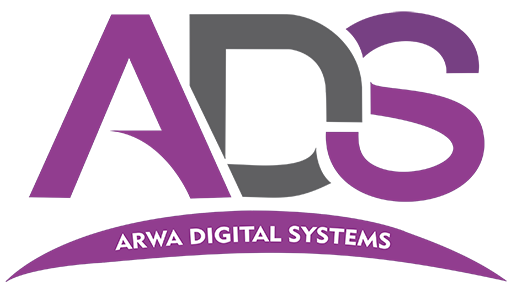What Is a Point of Sale (POS)?
Point of sale (POS), a critical piece of a point of purchase, refers to the place where a customer executes the payment for goods or services and where sales taxes may become payable. It can be in a physical store, where POS terminals and systems are used to process card payments or a virtual sales point such as a computer or mobile electronic device.
Understanding POS
Points of sale (POSs) are an important focus for marketers because consumers tend to make purchasing decisions on high-margin products or services at these strategic locations. Traditionally, businesses set up POSs near store exits to increase the rate of impulse purchases as customers leave. However, varying POS locations can give retailers more opportunities to micro-market specific product categories and influence consumers at earlier points in the sales funnel.
For example, department stores often have POSs for individual product groups, such as appliances, electronics, and apparel. The designated staff can actively promote products and guide consumers through purchase decisions rather than simply processing transactions. Similarly, the format of a POS can affect profit or buying behavior, as this gives consumers flexible options for making a purchase.
Amazon’s concept convenience store, Amazon Go, which deploys technologies that let shoppers come in, grab items, and walk out without going through a register, could revolutionize POS systems. Besides increasing convenience, this could enable POSs, loyalty, and payments to be rolled into a single customer-centric experience.

Benefits of POS Systems
Electronic POS software systems streamline retail operations by automating the transaction process and tracking important sales data. Basic systems include an electronic cash register and software to coordinate data collected from daily purchases. Retailers can increase functionality by installing a network of data-capture devices, including card readers and barcode scanners.
Depending on the software features, retailers can track pricing accuracy, inventory changes, gross revenue, and sales patterns. Using integrated technology to track data helps retailers catch discrepancies in pricing or cash flow that could lead to profit loss or interrupt sales. POS systems that monitor inventory and buying trends can help retailers avoid customer service issues, such as out-of-stock sales, and tailor purchasing and marketing to consumer behavior.
KEY TAKEAWAYS
- A point of sale (POS) is a place where a customer executes the payment for goods or services and where sales taxes may become payable.
- A POS transaction may occur in person or online, with receipts generated either in print or electronically. Cloud-based POS systems are becoming increasingly popular among merchants.
- POS systems are increasingly interactive, particularly in the hospitality industry, and allow customers to place orders and reservations and pay bills electronically.
Special Considerations: POS Innovation
Modern POS systems are commonly programmable or allow enhancement with third-party software programs. These systems can be tailored to meet specific needs. For example, many retailers use POS systems to manage membership programs that award points to frequent buyers and issue discounts on future purchases.
Cloud-based POS systems are increasingly in use, particularly for large online merchants, to track and process numerous purchases. Cloud-based systems can greatly reduce the upfront costs of implementing a POS system for many businesses.
Customers can also interact directly with POS systems, particularly in the hospitality industry. Often referred to as location-based technology, these systems can process transactions at customer locations. For example, at many restaurants, customers can view menus and place orders on terminals located at their table. In hotels, customers use similar terminals to place orders for room service or to pay hotel bills.
To stay competitive and aid brand owners in promoting their products, POS display manufacturers are focused on improving aesthetics and creating innovative product designs. Also, the intensifying competition in the retail industry and resulting use of POS displays for enticing customers to purchase products have encouraged retailers to demand different custom-made displays capable of serving specific needs across different retail facilities. Customization offered in terms of aesthetics, capacity, and mobility can greatly impact a company’s brand identification.


